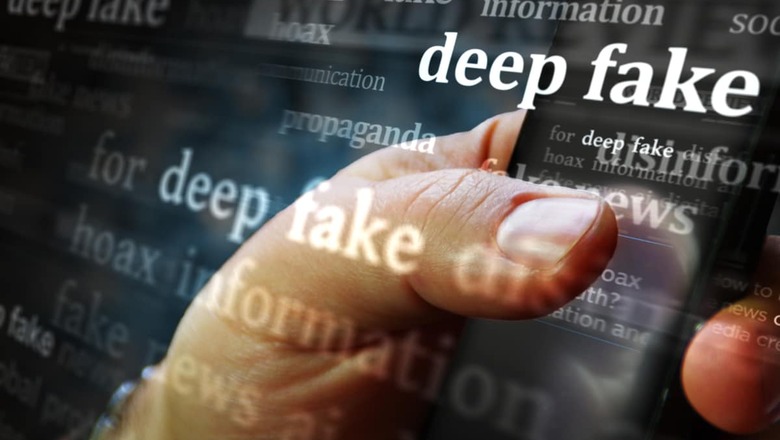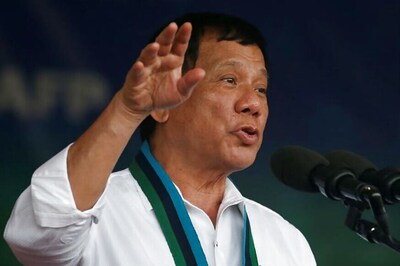
views
The Government of India will soon introduce amendments to the Information Technology (IT) Rules to address the issue of deepfakes, Minister of State for Electronics and Information Technology Rajeev Chandrasekhar told representatives of social media companies in a recent meeting. The move will have significant political impact ahead of Lok Sabha elections.
Deepfakes can be used to create intimate or embarrassing content depicting individuals, leading to emotional distress and social harm. Regulations will help curb the spread of such harmful content and protect individuals from being manipulated or targeted.
Using artificial intelligence tools, deepfakes can also be abused to create misleading political content, such as fabricating speeches or manipulating videos of candidates to influence voters and undermine trust in the electoral process. Recognizing the implications of these challenges, the implementation of such regulations could provide assurance to voters, ensuring fair and transparent elections by mitigating the risk of such content surfacing online prior to and during electoral processes.
On Thursday, Rajeev Chandrasekhar met representatives from Meta, Google/YouTube, ShareChat, Snapchat and Jio, as well as, various ministries and the National Commission for Protection of Child Rights (NCPCR).
Chandrasekhar reportedly highlighted the government’s proactive approach in dealing with deepfakes, citing previous meetings held between the ministry and industry representatives in November and December. He mentioned two advisories and two letters sent by the government to urge social media companies to take more robust measures against deepfake content.
The minister also assured them that the government would follow due process and notify the changes to the IT Rules within the next seven to 10 days.
In November, Union Minister for Electronics and IT Ashwini Vaishnaw engaged with industry stakeholders to deliberate on the formulation of regulations specifically addressing such online content. Among the measures considered during the discussion was incorporating watermarking on AI-generated content or implementing a labelling system.
He then specified that there will be four pillars based on which the regulations will be established. These are the detection of deepfakes, how to prevent them (before posting, before going viral), strengthening the reporting mechanism and how to increase awareness among people.


















Comments
0 comment